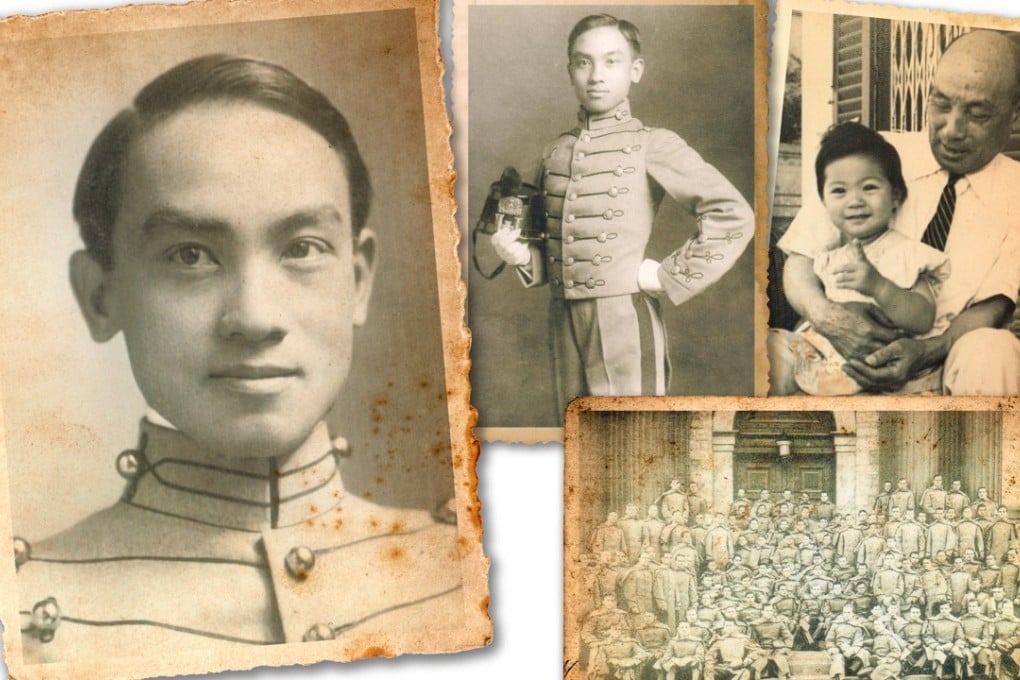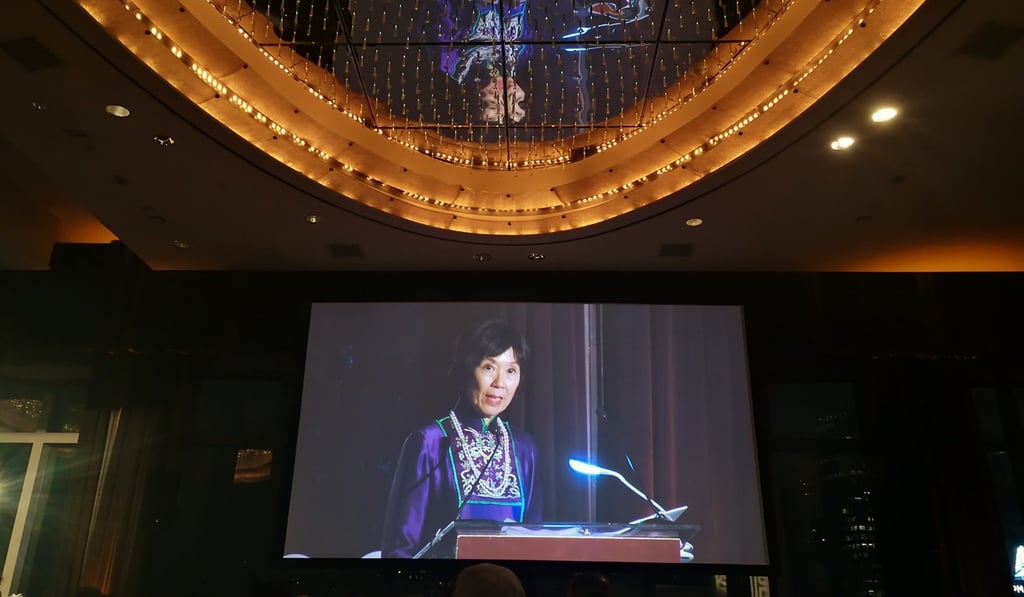Chinese-American General Ying Hsing Wen, who pioneered warm relations 100 years ago, offers lesson for today, honour says
- The Museum of Chinese in America bestows an award on the family of Ying Hsing Wen, one of the first two Chinese cadets to graduate from the US Military Academy
- ‘The first economy of the world and the second economy of the world have to learn to get together because it benefits both sides,’ Wen’s granddaughter said.

Luminaries of the American Chinese community were treated to a rare symbol of unity between the US, Taiwan and mainland China this week in New York City, when the family of a former Kuomintang general from Guangdong was honoured for his pioneering contributions to building US-China relations.
More than a century ago, Ying Hsing Wen was one of the first two Chinese cadets to graduate from the US Military Academy, and at a time of souring bilateral tensions brought about by the United States’ Chinese Exclusion Act of 1882 and China’s Boxer Rebellion against foreign influence. He went on to become a prominent, US-friendly general in China’s Republican army under Chiang Kai-shek, the Kuomintang (KMT) leader who fought the Communists and later fled to Taiwan to establish the Republic of China.

On Thursday, Wen was posthumously awarded the Generational Legacy Award by the Museum of Chinese in America, an honour the organisation bestows once a year to a family whose achievements and contributions have advanced the perception of Chinese people in America.
I think at the end of the day, politics aside, common sense prevails
Recipients of other awards on the evening included the author Maxine Hong Kingston, philanthropist Nancy Lee and breakout singer Katherine Ho, who featured on the soundtrack of the summer blockbuster Crazy Rich Asians.